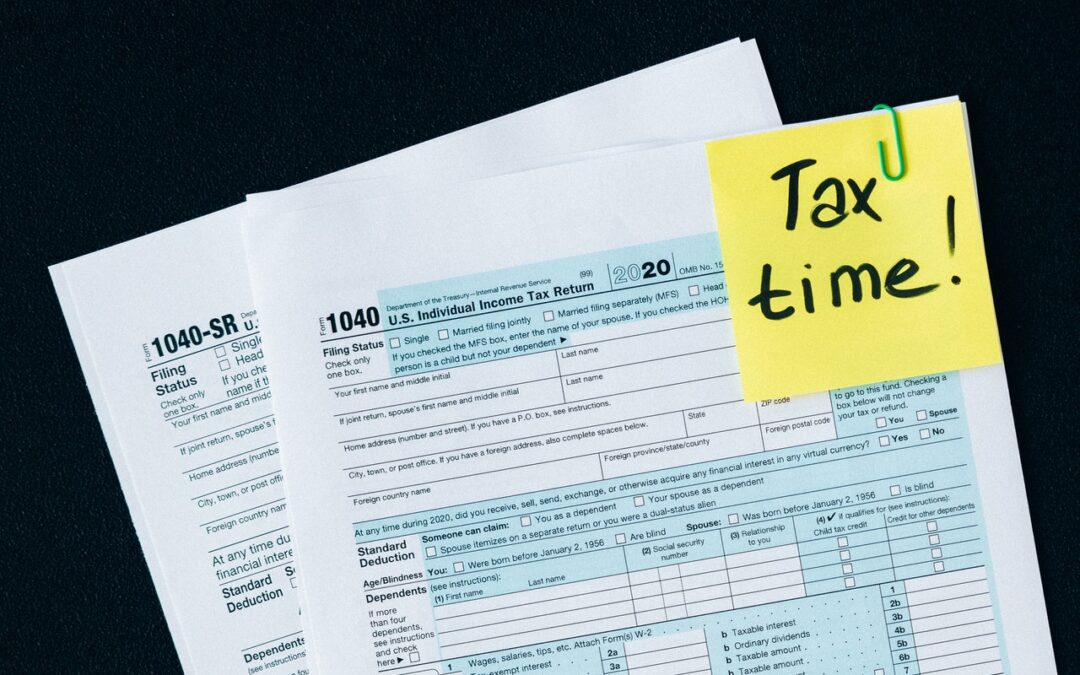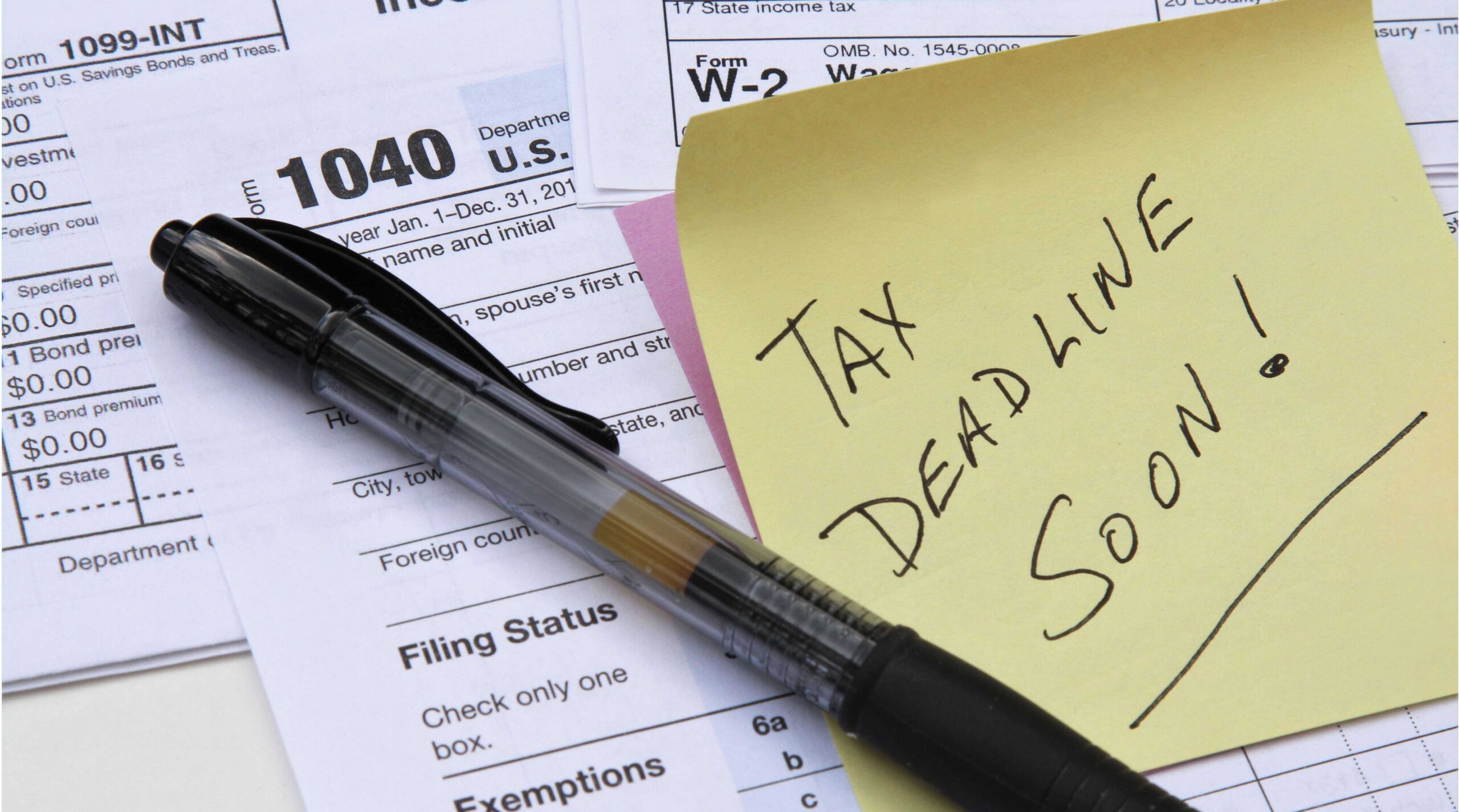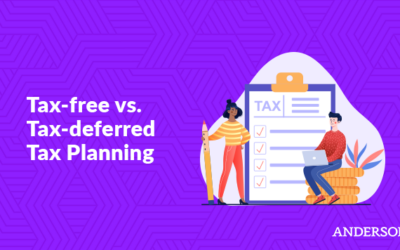Douglas Adams said it best, “I like deadlines—I like the whooshing sound they make as they fly by.”
Unfortunately, you won’t hear the fun whoosh for not filing taxes. You may instead hear, the less fun and more alarming incoming snowball when it rolls into larger negative consequences.
So, let’s keep deadlines light and extend them to Tax Prep as you go into 2024. Here are the deadlines you should have on your radar:
IRS Tax Deadlines 2024
- Form 1040 / 1120 calendar year corporation: April 15, 2024
- Form 1065 / 1120S: March 15, 2024
- Form1120 September 2023 FYE, January 15, 2024
- Form 1120 March 2024 FYE, July 15, 2024
- Form 1120 June 2024 FYE, September 16. 2024
- From 1120 September 2024 FYE, January 15, 2025
Individual Estimated Tax Deadlines 2024
- January 16, 2024 (for 2023)
- April 15, 2024
- June 16, 2024
- September 16, 2024
- January 15, 2025
Extension Tax Deadlines 2024
- Form 1065 / 1120S: Friday, September 16, 2024
- Form 1040 / 1120 calendar year corporations: October 15, 2024
It goes without saying (but we’ll say it anyway) that the taxable year needs deadlines for tax admin purposes.
If taxpayers had no hard Tax Day to finish their income tax, then it’s questionable whether they would even pay their tax payment for the fiscal year.
Of course, if they are employed by someone else and receive a paycheck subject to income tax withholding, then they’ve already made their taxpayer contribution. But they still need to file the proper tax form or forms.
In some cases, they may even receive tax relief by getting some money back (and more) through credits and incentives.
The tax deadline dates may seem somewhat arbitrary, but they are well-positioned to give Americans three months to take a look at the past tax year and assess gross receipts to balance against business expenses and other tax-deductible items.
Sometimes, tangible personal property can become part of the equation—for instance, if a taxpayer has already made their property tax payments and writes them off against their income. Whatever the case may be, there are a good 13-15 weeks to gather all the necessary paperwork and file the correct tax forms.
Free Strategy Session with an Anderson Advisor
Looking for tax tips and asset protection for your investments? Speak with an Anderson Professional Advisor to get your FREE Strategy Session. Limited-Time offer: FREE (a $750 value.)
Are State Tax Deadlines the Same as Federal Tax Deadlines?
Not always. If you live in Alaska, Florida, Nevada, South Dakota, Texas, Washington or Wyoming, you don’t have to pay any state income taxes, so you wouldn’t need to file income taxes for your state.
If you live in New Hampshire or Tennessee, take note that while your state does not tax wages, they do tax income and dividends. Generally speaking, your state tax filing deadline will be the same as the federal deadline for personal income taxes. However, some states have different dates, such as Delaware (May 1), Iowa (April 30), Louisiana (May 15) and Virginia (May 1).
Where Can I Find My State’s Tax Deadline?
More often than not you can conduct a quick Google search by typing in terms like “California state tax deadline” and at the top of the search results you will see your state’s tax collecting agency.
These websites can also be a great place to find additional tax credit opportunities that are applicable to your state tax return. Unfortunately, some state governments’ websites are poorly designed, and provide a poor user experience.
If you’re having trouble finding the information you need on your state’s website, sometimes you can find helpful tidbits pulled by Google from blogs just like this one. Just scroll through the search results to see if Google has embedded an informational snippet into the page that provides the answer you need.
You can also join our weekly Tax Tuesday Webinar to ask specific questions related to tax filing deadlines and filing forms.
What If I Can’t File by the Tax Deadline?
If you can’t file your taxes by the deadline (and you know this will be the case ahead of time), you need to file a tax extension via IRS Form 4868.
If you don’t file this extension, you can end up paying penalties of up to 25 percent of your tax burden.
Don’t forget that you may have to file a state tax extension as well as some states do not accept the federal extension – the process for doing that is different in every state. Some states require you to fill out a form online.
Others require a paper form. Still, others have phone numbers you can call to file an extension over the phone.
What If I Miss a Tax Deadline?
In addition to paying income taxes, there will be penalties and fines you may need to pay as well. If your tax burden is below zero (meaning, you will get a tax refund) you’re probably not going to be penalized.
But if you do owe taxes, don’t count on the IRS to show clemency. Uncle Sam has a lot of programs that need cash flow, and he can be scrupulous about collecting his money on time.
Keep in mind that if you file an extension for your taxes and then miss that deadline as well, you’re going to have to pay penalties and fines. Missing a tax deadline can snowball into serious consequences, especially if several years go by. The IRS can add interest to your penalties and fines. In some cases, they will garnish your paycheck (removing a portion of it to settle the debt) or freeze your bank account.
If you’re in a situation like this, it’s always better to be proactive and contact the IRS or solicit the assistance of a tax lawyer who can represent you and find ways to mitigate your tax punishment.
Can Taxes Be Filed After the Deadline?
Yes, you can still file your taxes after the deadline, and in fact, you will need to. There are usually no penalties for filing late if you are due a refund.
If you find that you are routinely filing your state and federal taxes after their respective deadlines, it might be time to look at some tax planning strategies that can help you get ahead of the game—and keep more money in your pocket as well.
Remember to be proactive about settling back taxes, because in addition to the snowballing effects of late payments, it can also be doubly onerous to have to compute two years’ worth of taxes (or more) at one time.
When Do I Have to Pay My Taxes?
Taxes are due by the deadlines mentioned earlier, regardless of when you file. If you file them electronically, you can make the payment right away, usually using a debit card, checking account, or credit card.
Take note that if you use a credit card to pay taxes, you’ll probably be charged additional fees by your bank, so it’s best to pay with cash if possible. If you file an extension for your taxes, you will still need to pay them by the original due date. An extension only gives your more time to file the return, not pay.
If you have estimated taxes to pay, you’ll need to pay those quarterly on the deadlines mentioned above.
To give a little more explanation: if you have structured your business as an S corporation, you need to file a corporate tax return and pay some of your taxes upfront on a quarterly basis unless you meet certain requirements (such as having no taxable burden the previous year).
If, at the end of the tax year, your estimated tax payment exceeds the amount of taxes you actually end up owing, you will get a tax refund. And if they are not enough to satisfy your tax debt, you will have to pay the difference.
Why are There State and Federal Taxes?
Federal taxes are used to fund services like the defense budget and the federal government, which comprises many elements ranging from finance (FINRA, SEC) to education to health.
State taxes are often used to fund infrastructure projects (bridges, roads, railway systems) and higher education. If you’re wondering how your local government is financed, such as the fire department, police department, local parks, and K-12 education, that’s usually done through property taxes.
Much ink has been spilled on the constitutionality of the Internal Revenue Service overseeing the business activity of the previous calendar year and levying personal GDP for government gain. Whether it’s wrong or right is beyond the scope of this article.
All we can say is that tax administration exists and taxes need to be paid. If you don’t like the idea of paying income tax, you are certainly free to move somewhere where there is no state income tax, such as the aforementioned states like Texas and Florida. In recent times, some states with onerous personal income taxes have seen an exodus of individuals leaving for states with fewer taxes.
While there are other factors at play too, it has been a factor for many people leaving their home state in pursuit of more lucrative opportunities elsewhere.
Save Money and Never Miss a Tax Deadline by Working With a Tax Expert
Tax deadlines are often the same for state and federal tax returns, but sometimes they are different. Make sure you know the deadlines for both so that you don’t miss filing your taxes and making a payment it’s due.
Of course, paying taxes is often an onerous and burdensome process. To make matters worse, the tax code is very difficult to understand, so it’s hard to see how you can take advantage of loopholes and tax credits to keep more money in your pocket, especially if you rely on DIY tax software. But it doesn’t have to be difficult.
Schedule a free strategy session with an Anderson Advisor’s tax expert to learn more about the strategies available to lower your annual tax burden. We’ll not only help you pay less taxes, but we’ll also help file your taxes on time so that you never miss a deadline.
Tax & Asset Protection Workshop
Learn about Real Estate & Asset Protection at our next
FREE LIVE STREAM















